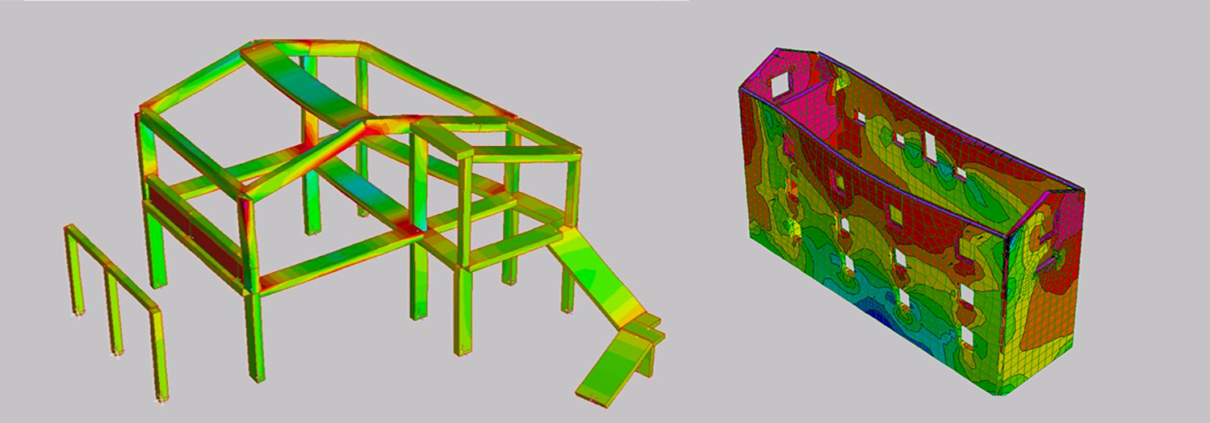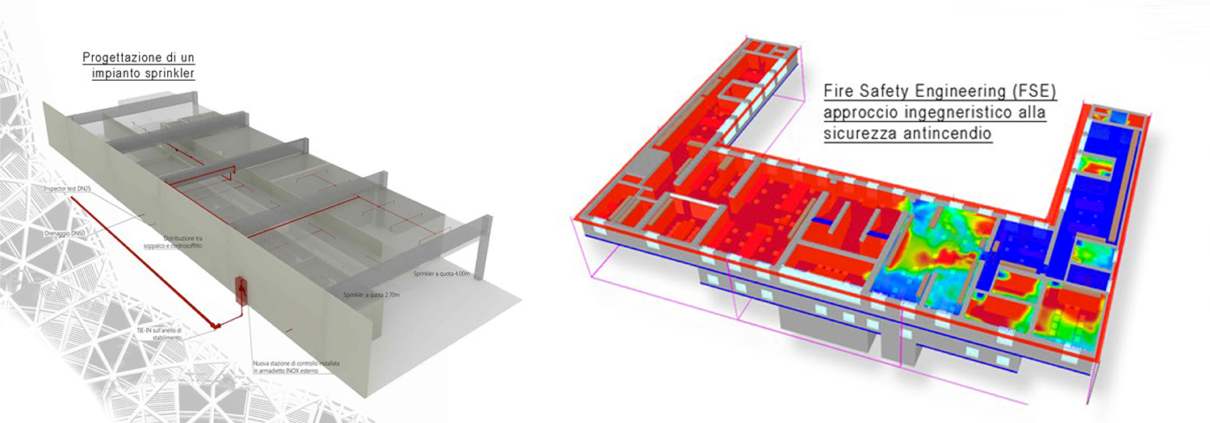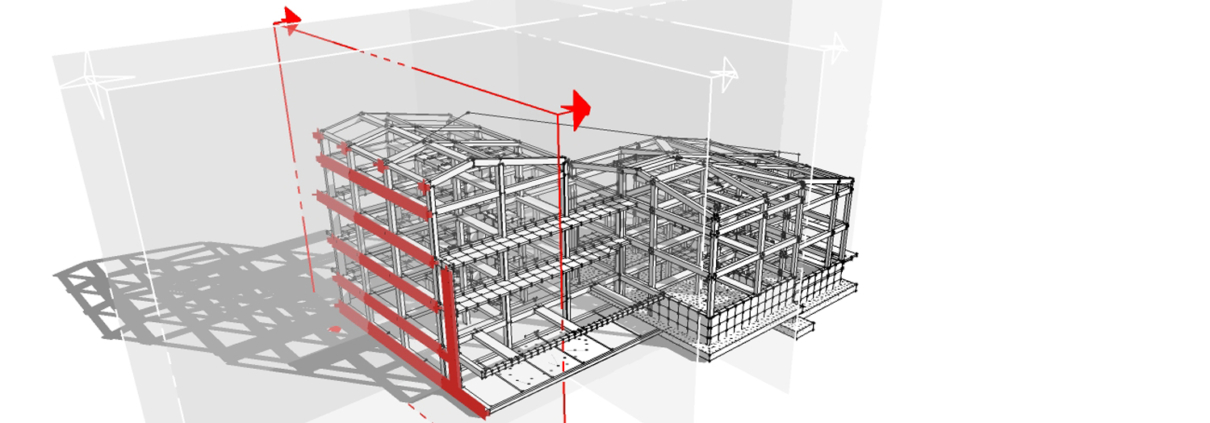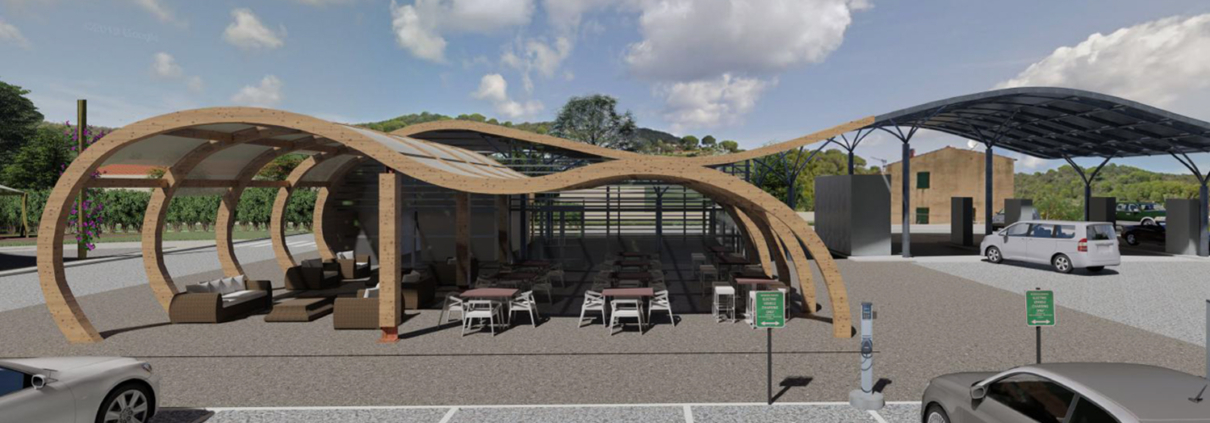We develop engineering projects for all business sectors, from work organisation to testing. especially for the pharmaceutical sector. Discover our areas of expertise
Some numbers
ACTIVE CUSTOMERS
YEARS OF ACTIVITY
PEOPLE
PROJECTS REALIZED
How we work
PHASE 0.
INITIATION
The inception phase relates to the formal definition and approval of the project. It is a crucial phase for the success of the project and must be followed carefully. The document that formalises the birth of the project is the project charter. It defines objectives, motivation, requirements, it produces results, deadlines and milestones, contractual constraints, budget, stakeholders, work breakdown structure.
PHASE 1.
PLANNING
The planning is when the project plan is developed and the activities and values of the variables carried out to achieve the objectives. The process of the project planning requires several steps to be carried out, from the identification of all project planning components to the identification of rules and procedures for its management, the refinement and formalisation of the elements, and its approval.
PHASE 2.
EXECUTION
In the execution phase all parties involved in the project carry out the activities that will allow to achieve what was planned. Execution processes begin with the acquisition of human and material resources, when the most significant costs are incurred, as the deliverables, i.e. the products resulting from the project, are produced.
PHASE 3.
CONTROL
During the operational phase of the project it is necessary to monitor the correct progress of the programme by promptly identifying deviations from the plan and, where possible, taking appropriate corrective measures. The subject of the control relates to different aspects of the project such as time, economic, legal and quality. The way used to monitor planning is the progress report, a document containing information about the status of the project.
PHASE 4.
CLOSURE
The project completion phase is the point at which all project activities are finished and includes the delivery of manufactured products and their formal acceptance by the customer.In this phase, the main project stakeholders review the results of the close-out meeting and critically analyse how the implementation process was carried out.











